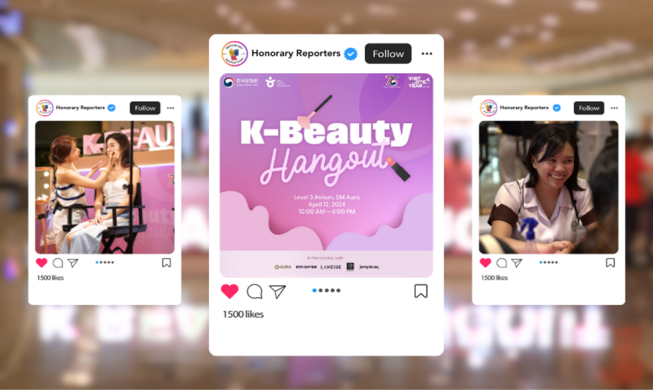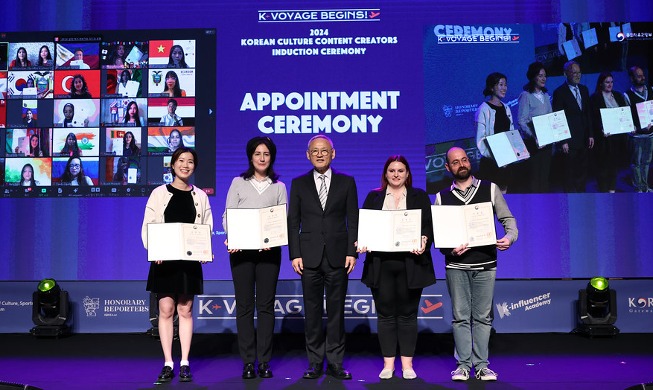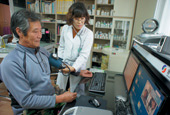-
 Korea.net's 24-hour YouTube channel
Korea.net's 24-hour YouTube channel- NEWS FOCUS
- ABOUT KOREA
- EVENTS
- RESOURCES
- GOVERNMENT
- ABOUT US

Starting in July, the national health care plan for the elderly will be enhanced, as patients with relatively lighter mental illnesses will become eligible for long-term health care insurance benefits. Until today, such benefits have been limited to those with serious symptoms and who were over 65 years old.
The Ministry of Health and Welfare confirmed on May 2 its new health care plan that includes the addition of one new category as well as a tool to define the dependency level of patients, based on certain criteria. The ministry also announced medical insurance costs for 2014.
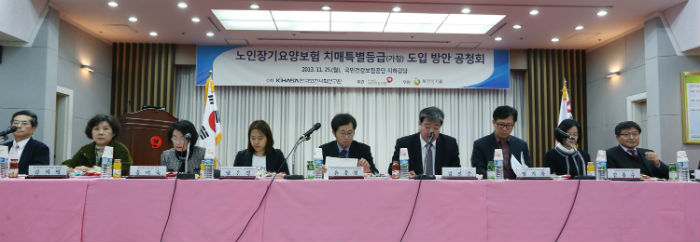
According to the new plan announced by the National Health Insurance Service (NHIS), the current three categories of insured will be expanded to five. The third category, into which most patients fall, will be divided into two, enabling patients to receive enhanced and more effective services, the NHIS said. In addition, a new fifth category will be formed to deal with patients with relatively lighter symptoms of dementia. The new category will cover patients who show low cognitive ability, but who have been excluded from benefits because of their robust physical health.
The people who fall into this new fifth category are eligible to receive services worth up to KRW 766,600 per month. They can choose either to receive in-home services or to visit health care centers. Patients who opt for institutional service are able to spend 8 to 12 hours per day at special care facilities for 22 days a month, while others, who choose to receive in-home care, can spend 2 hours with a caregiver daily for 26 days per month.
Such "visit-care" service includes a program to train patients to enhance and retain memories and to help with everyday needs, such as bathing, dressing, cooking and shopping. Caregivers can also offer the families some tips on understanding and responding to dementia.
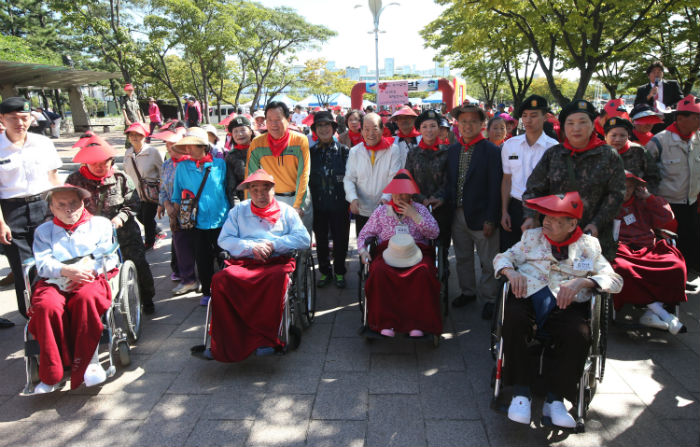
The NHIS emphasized that any change in a patient's dependency category would not result in any reduction in service quality. The amount of services in KRW offered to category three patients, those with more serious symptoms, has been increased by 9.8 percent, while services provided to category four patients, those who have lighter signs of dementia but who are still physically fit, have remained the same.
Concerning the total insurance fee, only 15 percent will be charged to the insured. For instance, a patient who uses up all of the KRW 766,600 by either visiting the center for 22 days or by receiving in-home service for 26 days, will be charged KRW 115,000. When the new system is finally put in place, an additional 47,000 to 57,000 people with lighter dementia symptoms will be covered by the new, improved health care system.
By Lee Seung-ah
Korea.net Staff Writer
slee27@korea.kr
The Ministry of Health and Welfare confirmed on May 2 its new health care plan that includes the addition of one new category as well as a tool to define the dependency level of patients, based on certain criteria. The ministry also announced medical insurance costs for 2014.

Officials from the National Health Insurance Service canvass the public about the creation of a new special category for recipients of long-term health care insurance. (photo: Yonhap News)
According to the new plan announced by the National Health Insurance Service (NHIS), the current three categories of insured will be expanded to five. The third category, into which most patients fall, will be divided into two, enabling patients to receive enhanced and more effective services, the NHIS said. In addition, a new fifth category will be formed to deal with patients with relatively lighter symptoms of dementia. The new category will cover patients who show low cognitive ability, but who have been excluded from benefits because of their robust physical health.
The people who fall into this new fifth category are eligible to receive services worth up to KRW 766,600 per month. They can choose either to receive in-home services or to visit health care centers. Patients who opt for institutional service are able to spend 8 to 12 hours per day at special care facilities for 22 days a month, while others, who choose to receive in-home care, can spend 2 hours with a caregiver daily for 26 days per month.
Such "visit-care" service includes a program to train patients to enhance and retain memories and to help with everyday needs, such as bathing, dressing, cooking and shopping. Caregivers can also offer the families some tips on understanding and responding to dementia.

Representatives from one of Seoul's district governments participate in a walk to raise awareness of dementia among the elderly. (photo: Yonhap News)
The NHIS emphasized that any change in a patient's dependency category would not result in any reduction in service quality. The amount of services in KRW offered to category three patients, those with more serious symptoms, has been increased by 9.8 percent, while services provided to category four patients, those who have lighter signs of dementia but who are still physically fit, have remained the same.
Concerning the total insurance fee, only 15 percent will be charged to the insured. For instance, a patient who uses up all of the KRW 766,600 by either visiting the center for 22 days or by receiving in-home service for 26 days, will be charged KRW 115,000. When the new system is finally put in place, an additional 47,000 to 57,000 people with lighter dementia symptoms will be covered by the new, improved health care system.
By Lee Seung-ah
Korea.net Staff Writer
slee27@korea.kr
Related Contents
Most popular
- Event 'K-Beauty Hang Out' draws hundreds in Philippines
- Ceremony in Seoul inducts 2,641 content creators of Korean culture
- Cultural spring festival Seoul Festa to start on May 1
- 'Mad Max' director impressed by 'cinema-literate' Korean viewers
- President, Romania pledge better defense, nuclear power ties



